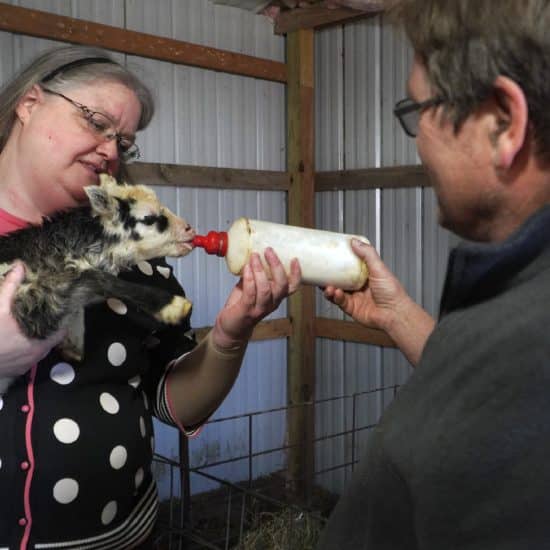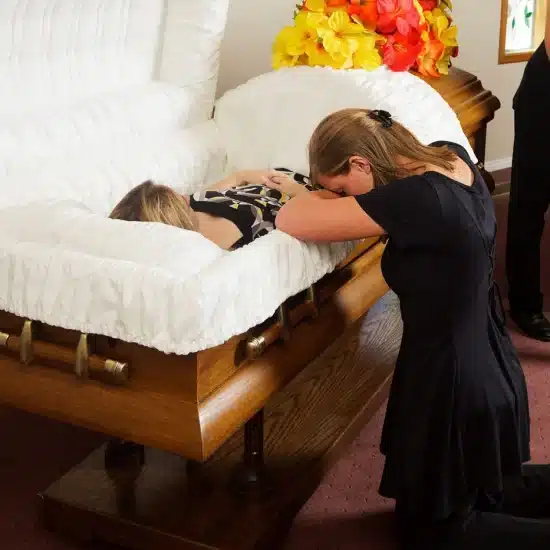LUBBOCK—The death of a minister—or the minister’s spouse—marks a difficult phase in the life of both the church and the pastor’s family.
Wil Tanner, pastor of Pilgrim Baptist Church in Lubbock, still struggles to fill the gap left after the death of his wife, Gaye.
“You are ministry partners. … There’s balance, clear communication, a dependency,” Tanner said. “I’m still working through the process of no longer being a team.”
The church and the spouse left behind must deal with the loss of that team concept, the intertwining of gifts and calling when a pastor or his or her mate passes away.
For Tanner, loss of his spouse pointedly reminds him how much he had relied upon her instincts.
“Pastors see everything, but we don’t always recognize what we see or hear. She filled that gap for me,” he said.
“I don’t go outside my box for others’ opinions. I’ve always been dependent on the Lord, but even more so now. I no longer have a confidant. I always knew two heads were better than one, but I didn’t realize there had always been three—me, my wife, the Lord.
“On occasion we take our spouses for granted … then we see he or she was an essential part of the ministry.”
Penny Akins not only deals with the hole left by her husband, Jim’s, death, but also with the loss of ministry identity.

Penny and Jim Akins
|
Just walking into First Baptist Church in Winterville, Ga., takes effort for Akins, whose husband served the congregation as senior pastor three and a half years. It took her nearly a month to be able to enter the church facility, and she admits, “I still cry through every service right now.”
And because she viewed her role in her husband’s life as “complementary,” she has hit an identity crisis. Married in 2000, she ministered alongside Jim while he served as the North American Mission Board’s strategic coordinator for the country’s eastern region and then as First Baptist’s pastor.
“At this minute, I don’t know who I am anymore. … I’m just trying to be a helper where I am,” she said. “I don’t know where to park. I don’t know where to sit. … For 10 years, I lived in his shadow.”
Every activity, every item reminds her of her husband and his death on Jan. 31. “I see, feel, smell … him on every wall, in every room,” she said.
In the midst of struggling with personal grief, Tanner, whose wife of 22 years died a year ago, also had to deal with church members’ grief and the leadership holes her death left in the congregation.
Gaye Tanner led a women’s fellowship Bible study each Sunday, sang in the choir, participated in Woman’s Missionary Union and assisted with data input in the office.
“I can’t think of anything she didn’t do,” Tanner said. “You name it, she would step up and do it.”
The Bible study group struggled for a while, and attendance dropped off, he said. They couldn’t remove her personal items.
“Some took her death extremely hard and didn’t want to go back into the room,” he said. “Dealing with leadership holes is an ongoing process.”
Akins also helped church members deal with loss.
“I had a sense of ministering to them. Jim had asked me to be strong for him. … I think that helped them,” she said. “And my coming back … helped to ease the pain of losing Jim for them, too.”
Tanner and Akins agreed church members continue to help them deal with grief.
“They walked with us” for the 10 months the couple dealt with Jim’s brain tumor until his death. Since he died, “the church keeps me in the loop and are trying to help me feel part of it,” Akins said. “They are very sensitive to me. … They love me, and I love them.”
When Gaye Tanner was diagnosed with cancer in November 2007, the couple began to prepare for a ministry transition.
“We determined we needed more time together and began praying and began releasing some ministries and responsibilities to the congregation,” Tanner said.
Tanner and Akins noted that even though their relationships with their congregations have helped, God has been their primary strength.
“You have to have trust and know God is with you, or you will crumble,” Tanner said. “Throughout the day, my life is punctuated by ‘thank you, Lord’ … for his enveloping moments. I’m absolutely dependent on God. I thought I was, but now that I’m alone, I know I am.”






